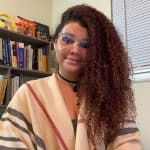Course review: Nutrition and Health – Human Microbiome
This course provides fundamental academic knowledge of the human microbiome and its implications for human health.
Hello everyone, my name is Sueny Paloma. I am from Brazil, but currently living in Ohio, USA. I am studying a Ph.D. in Translational Biomedical Sciences and my research topic is the role of gestational diabetes mellitus in infants’ gut microbiome.
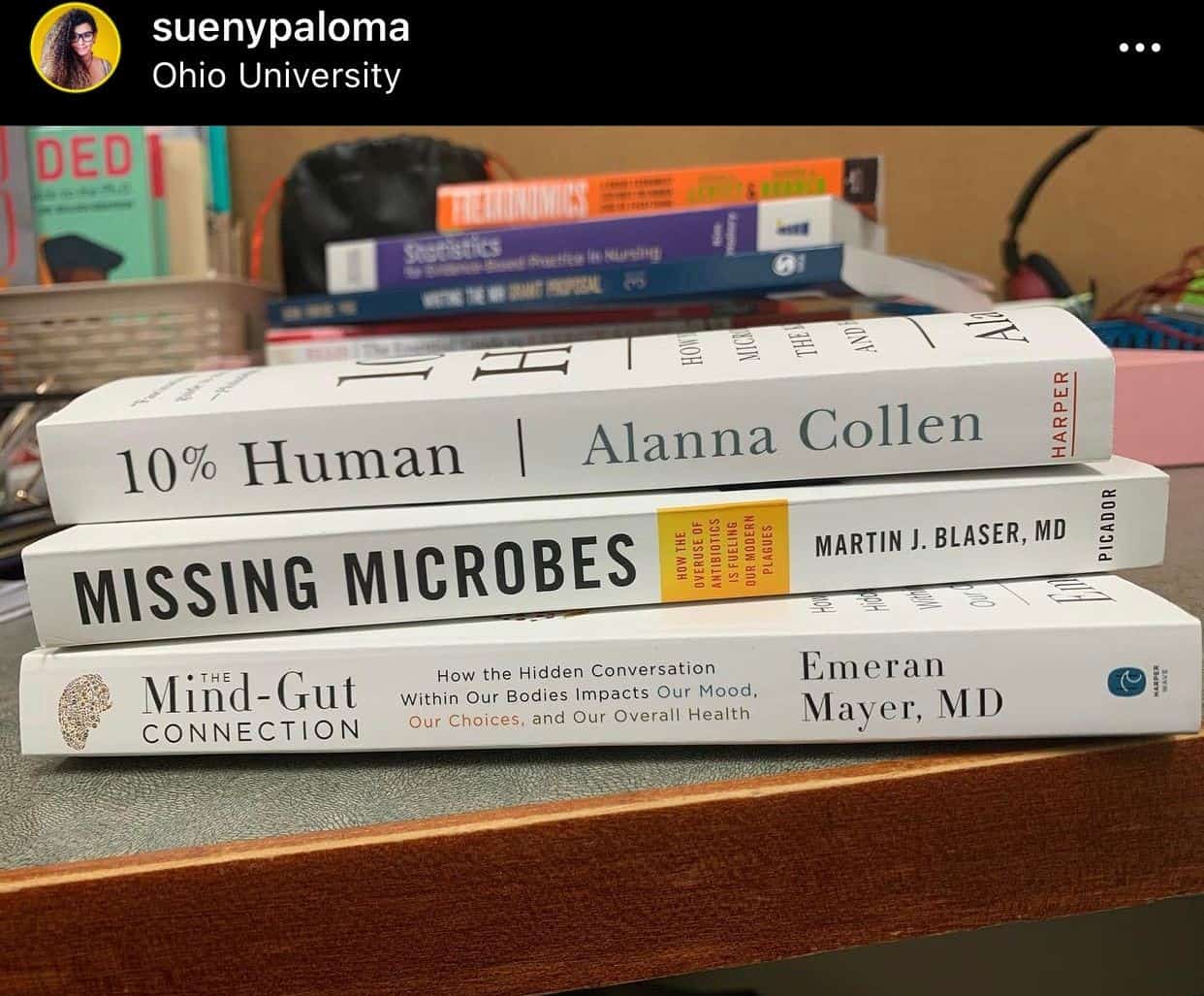
Undoubtedly, the Nutrition and Health: Human Microbiome course taught me how the human microbiome is vital in maintaining proper gut function, digesting nutrients, early childhood development, behavior, and problems such as irritable bowel syndrome, obesity, and diabetes type II. Furthermore, I learned how to tell the difference between reality and fiction when it comes to the role of the gut microbiota in health and disease.
Microbiome research is trending right now; the number of papers including terms as ‘gut microbiome’ or ‘gut microbiota’ in their title or abstract has expanded at a surprising rate.
I did a brief search in PubMed, which revealed around 4900 papers were published between 2006 and 2022. Almost every human disease has been linked to the microbiome, including inflammatory bowel disease, cancer, diabetes, obesity, atherosclerosis, fatty liver disease, malnutrition, autism, Alzheimer’s disease, depression, autoimmune, asthma, and so on.
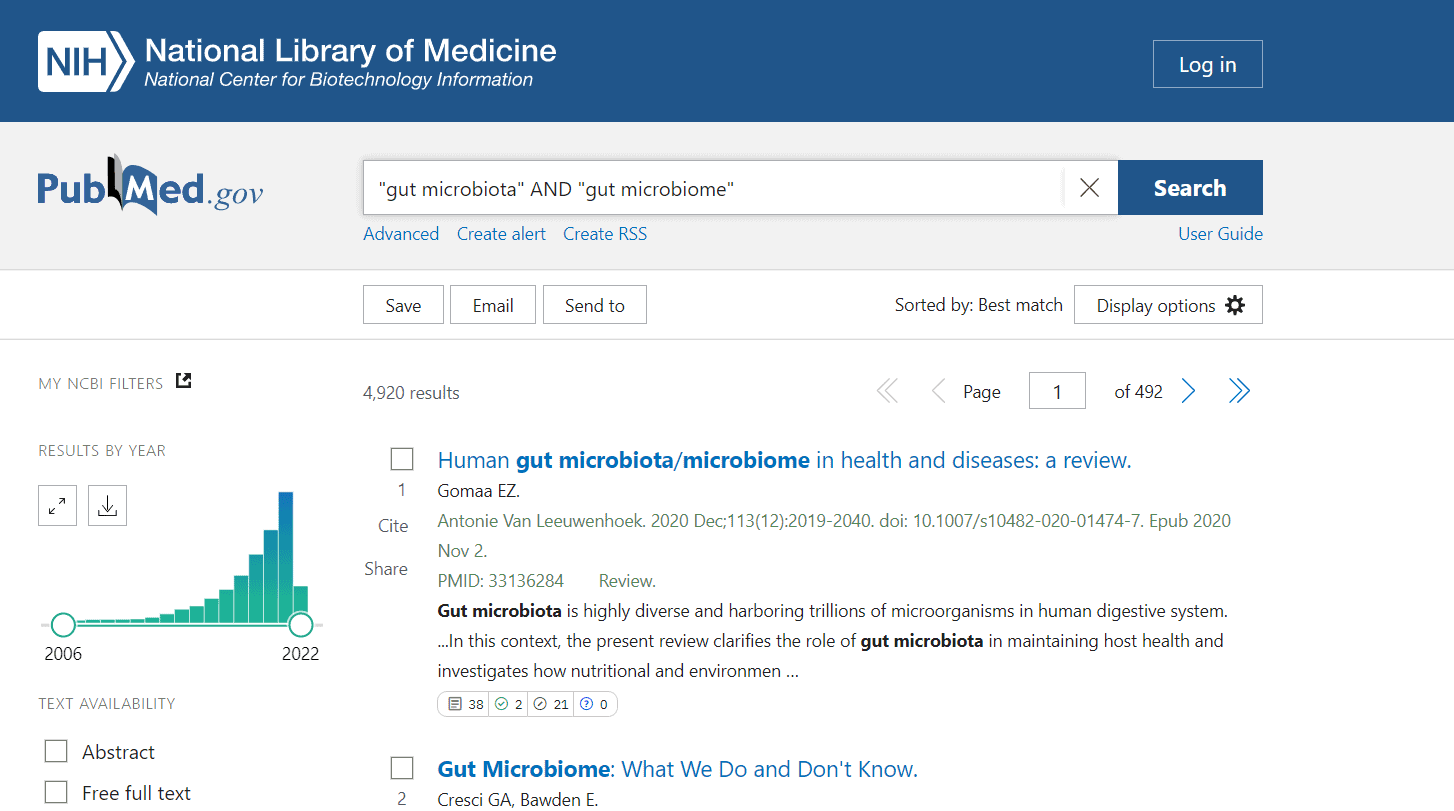
Despite that, Dr. Clara Belzer, in the first video of the course, explained that “…we have very limited information about the vast majority of our microbiota members.”
But what exactly is the microbiota?
The microbiota is a collection of microorganisms that live in our bodies and can be classified as commensals, mutualists, or pathogens based on their behavior. Following the emergence of vast sequencing tools for the 16S rRNA gene, knowledge of this ecosystem has grown significantly (16S rDNA gene).
This advancement has resulted in a profound revolution in our understanding of microbiota composition and its implications for human health and disease. The course describes the various bacterial ecosystems found in the human body and the scientific data that exists concerning certain diseases.
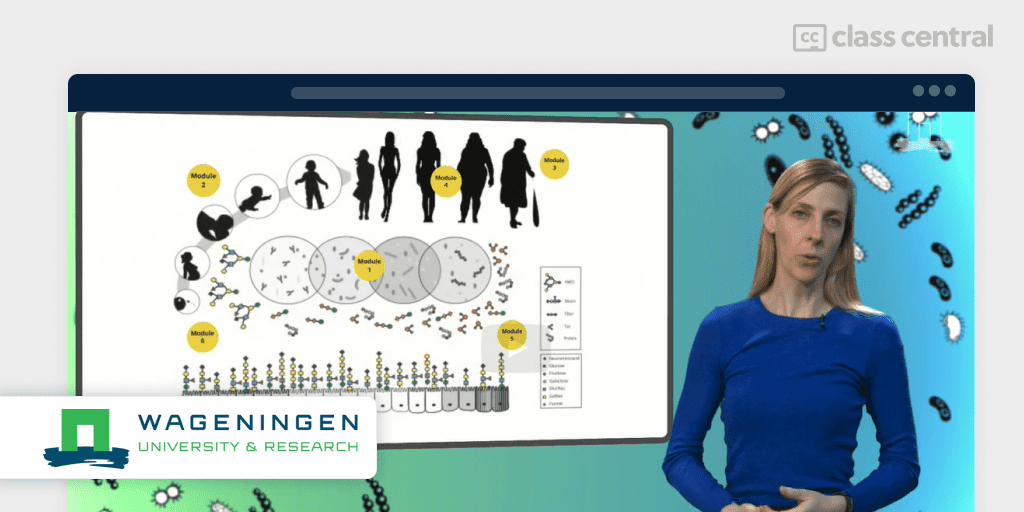
Why I took this course?
As I am a biologist and studying about the role of the gut microbiome and gestational diabetes mellitus (GDM), this course provided me fundamental academic knowledge of the human microbiome and its implications for human health.
Also, because the prevalence of GDM has been increasing worldwide in recent decades. Some studies consider that being born to a mother with GDM can negatively affect the neonatal gut microbiota, especially metabolic health. Several studies that I used for my literature review discovered an increase in lactic acid bacteria in the meconium of infants of mothers with GDM. Also, there is strong evidence that the GDM infants’ gut microbiome had lower diversity than that of the control group. Furthermore, there are several discussions related to the specific gut microbiota species in mothers with GDM who are overweight or obese.
I also learned about the most recent scholarly discoveries in the fields of food fibers, added bacteria, probiotics, and microbiology. Because gut health is a trendy topic not only among researchers, but also among health care professionals and consumers, this knowledge can be implemented by health care providers in their daily practice. Many allergic people have problems with their gut health. Emerging evidence links a microbiota imbalance in the gut microbiome to a variety of illness states, including allergies. After completing this course, you will be aware of the most recent academic findings and how to apply them in your daily job.
What does the course cover?
Module 1 describes how the microbiome differs between individuals. Module 2 answers how the bacteria that comprise our microbiota get into our bodies. The actual inoculation with vast numbers of germs occurs during and immediately after birth. Consequently, module 3 explains the microbiota composition and how it changes as we age—the primary distinctions between the microbiota of young adults and the elderly. Related to module 4 discusses how the gut is an anaerobic chamber teeming with trillions of microorganisms. These bacteria collaborate, and their combined efforts aid in the breakdown of food and extracting as much energy as possible from the food we ingest. The penultimate module explains how the microbiota can alter the length and severity of disease—the potential application for disease diagnosis, treatment, and prevention. The final module has several interviews concerning the microbiota utilized in their clinic and the development of new food products.
How much time is required for this course?
If you spend approximately 5 hours of study time per week, you should be able to complete the course in 6 weeks. The course is divided into six parts, with each module taking around a week to complete. I set an intense weekly learning goal. On the platform, you can choose your goal, and it will remind you so you will not forget to study.
In addition, students can complete the course at their own pace. However, the online learning platform (edX) where the course is hosted establishes a deadline for completing all graded and ungraded assignments.
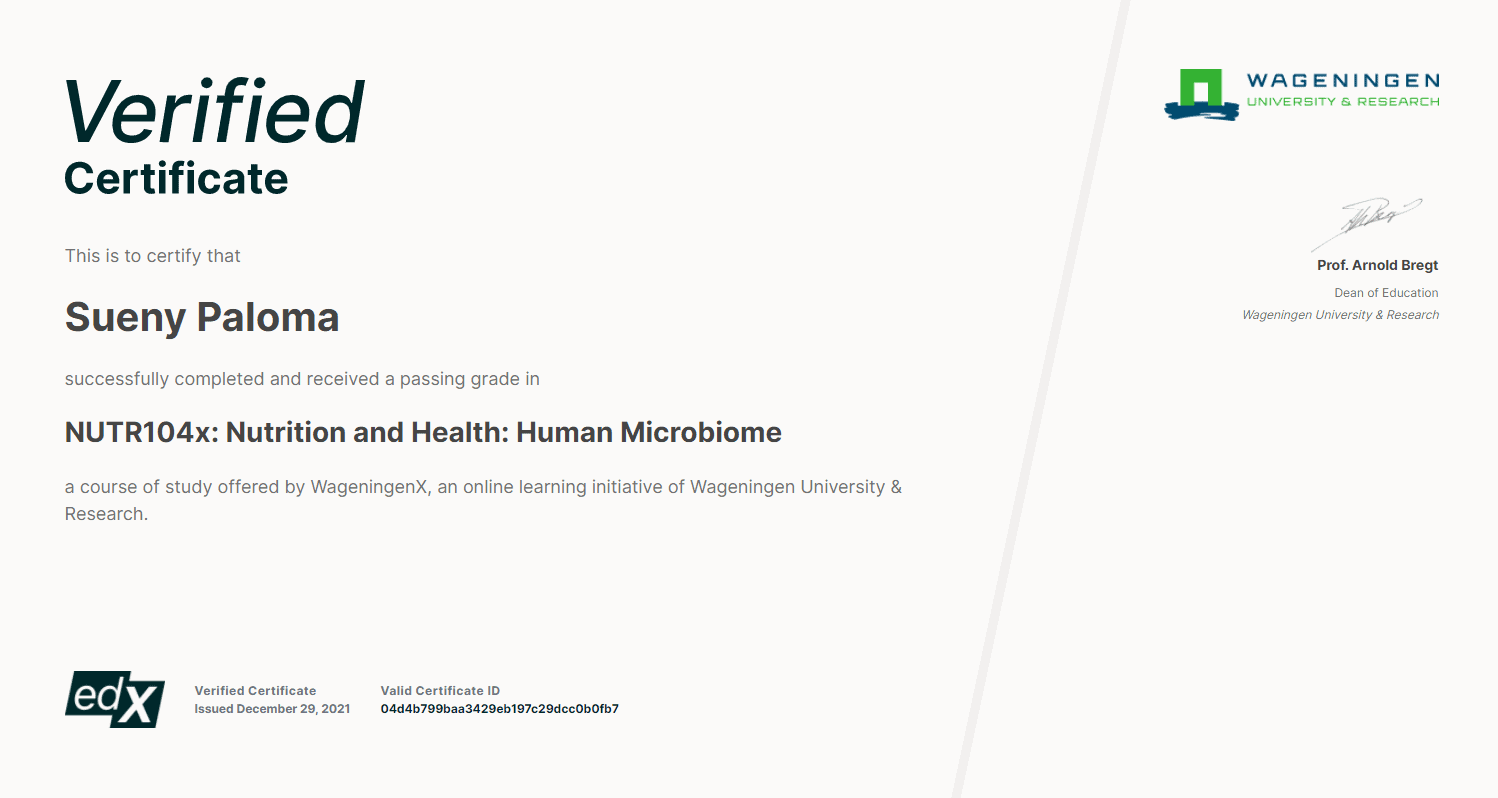
What are the benefits of studying with MOOC classes?
A Massive Open Online Course (MOOC) is an online course intended for unlimited participation and open access through the web and a plan of learning activities open to collaboration and massive participation. In addition to traditional course materials such as videos, lectures, and quizzes, MOOCs provide interactive user forums that help build a community for students and teachers.
With the advancement of the information society and technology, scientific knowledge has explored new dissemination platforms, connecting with the growing importance of the concept of continuous training or training throughout life. MOOCs have become an efficient means for universities and institutions to contribute to a society open to knowledge.
